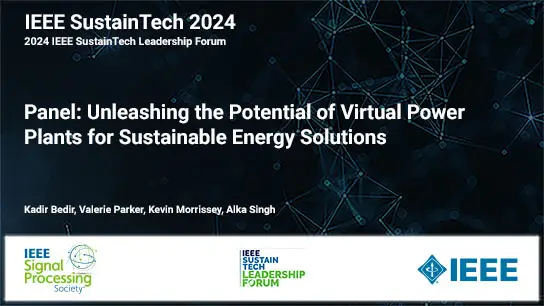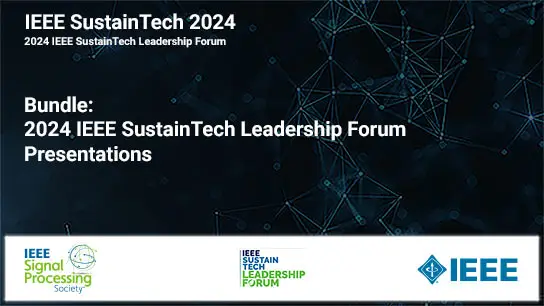-
Members: FreeSPS
IEEE Members: $11.00
Non-members: $15.00Length: 01:05:56
11 Jun 2021
Accelerating advances in AI and deep neural networks have powered the proliferation of speech and language technologies in applications such as virtual assistants, smart speakers, reading machines, etc. The technologies have performed impressively well, achieving human parity in speech recognition accuracies and speech synthesis naturalness. As these technologies continue to permeate our daily lives, they need to support diverse users and usage contexts with inputs that deviate from the mainstream. Examples include non-native speakers, code-switching, speech carrying myriad emotions and styles, and speakers with impairments and disorders. Under such contexts, existing technologies often suffer performance degradations and fail to fulfill the needs of the users. The crux of the problem lies in data scarcity and data sparsity, which are exacerbated by high data variability. This talk presents an overview of some of the approaches we have used to address the challenges of data shortage, positioned at various stages along the processing pipeline. They include: data augmentation based on speech signal perturbations, use of pre-trained representations, learning speech representation disentanglement, knowledge distillation architectures, meta-learned model re-initialization, as well as adversarially trained models. The effectiveness of these approaches are demonstrated through a variety of applications, including accented speech recognition, dysarthric speech recognition, code-switched speech synthesis, disordered speech reconstruction, one-shot voice conversion and exemplar-based emotive speech synthesis. These efforts strive to develop speech and language technologies that can gracefully adapt and accommodate a diversity of user needs and usage contexts, in order to achieve technological equity in our society.



